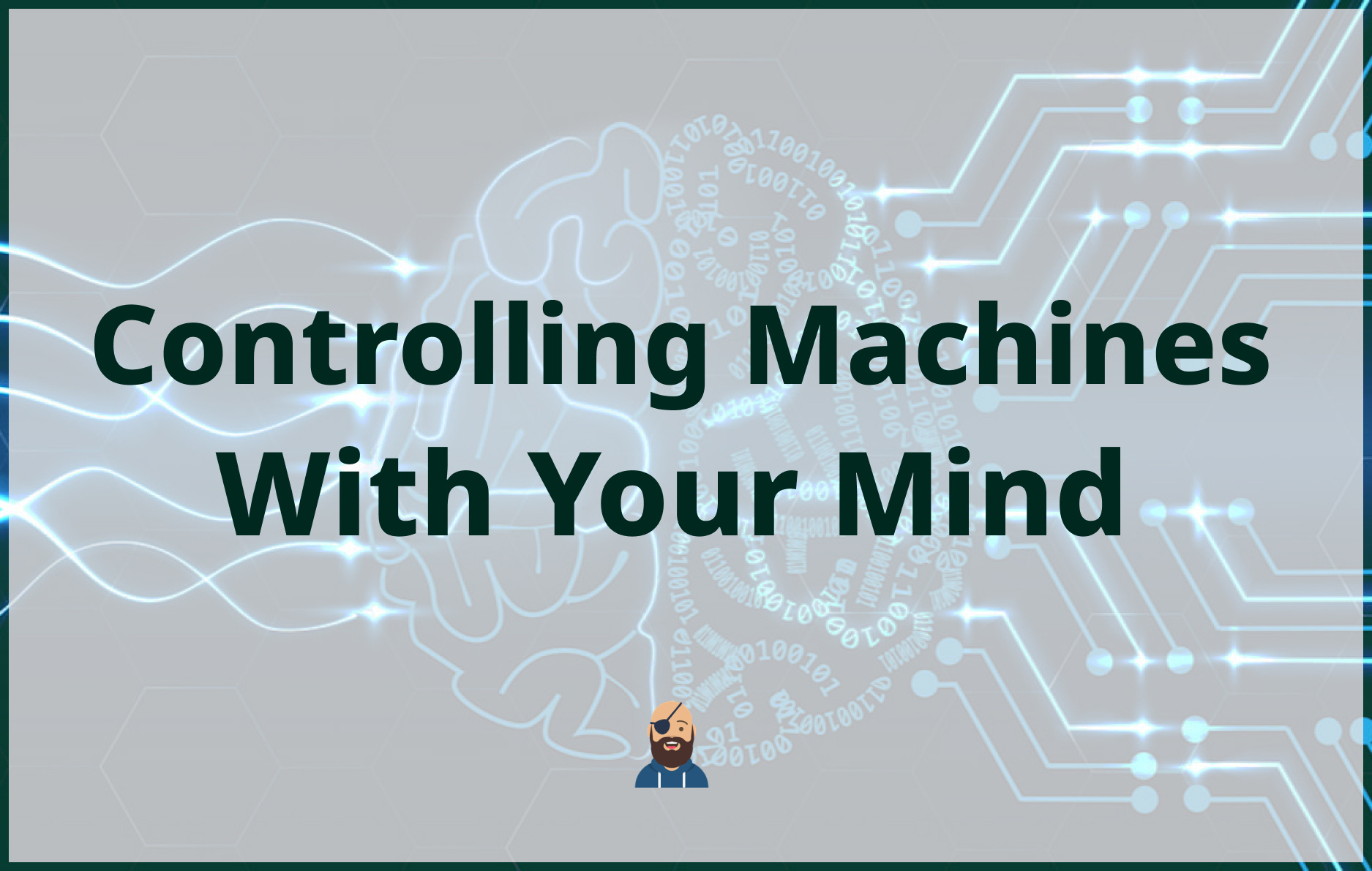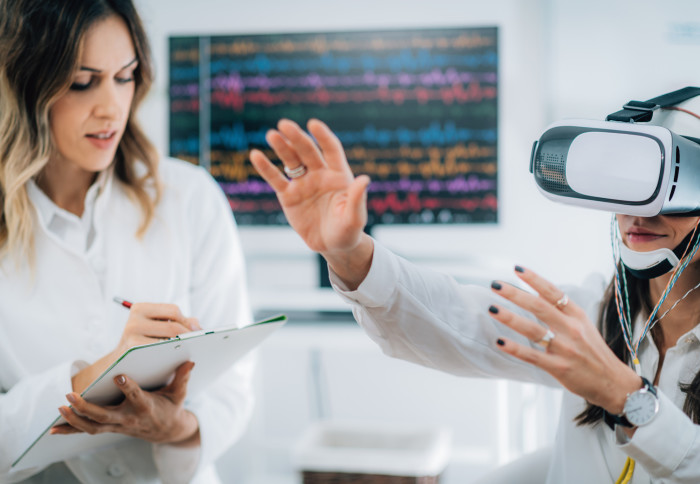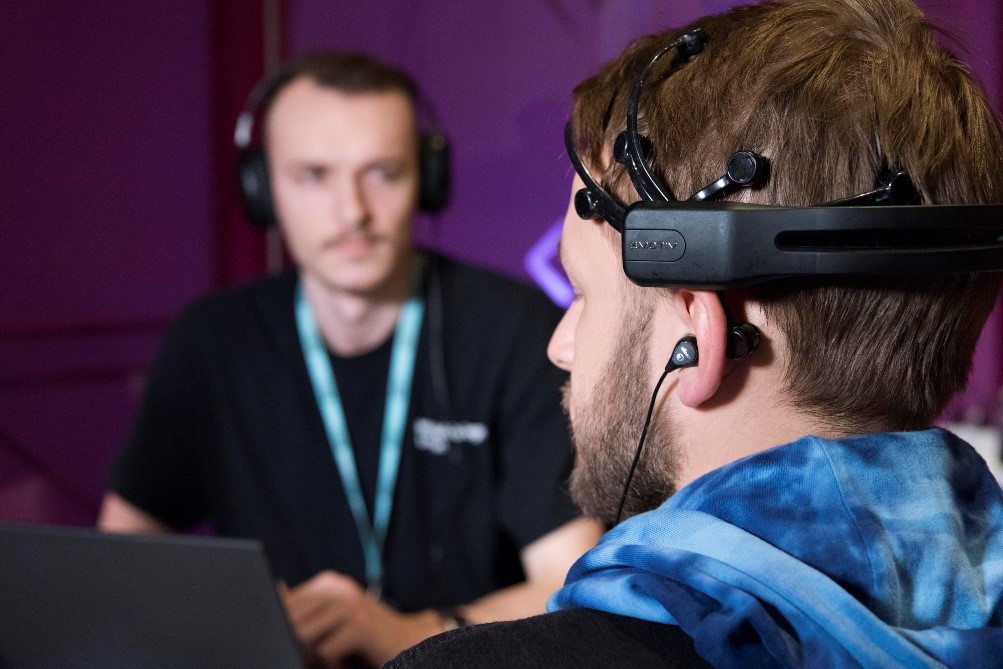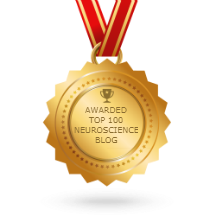Dimitrios Adamos, co-founder & CTO of Cogitat, discusses with Alex Alexakis in Startup Pirate about:
- What are brain-computer interfaces?
- What is the difference between invasive and non-invasive technologies? Think Elon Musk’s Neuralink vs. Snap’s NextMind.
- Are there any transformational applications of brain-computer interfaces today?
- How far are we from wider adoption and what are the new paradigms that can unlock innovation?
Let’s get to it!


The Imperial startup won first prize after it outperformed competitors in an international competition to find the best machine learning technologies for identifying brain states and behavioural intentions using brain waves.
The BEETL AI Challenge for EEG Transfer Learning competition, sponsored by Facebook Reality Labs, was held as part of the prestigious NeurIPS 2021 machine learning conference. It sought to identify the global teams and companies that have the best machine learning technologies for accurately identifying brain and mental states from electroencephalogram (EEG) data.
Cogitat demonstrated a clear advantage over competitors in the competition’s tests, which involved interpreting EEG data on sleep and motor intentions. In a field of over 110 teams from academia and industry, Cogitat achieved 1st place in the motor imagery decoding task with a sizeable margin over the competition – a 5% difference from second place and 16% from third place – and 1st place overall in the competition.
Read more
Patterns of brain activity are associated with different brain processes and can be used to identify different brain states and make behavioral predictions. However, the relevant features are not readily apparent and accessible. To mine informative latent representations from multichannel EEG recordings, we propose a novel differentiable EEG decoding pipeline consisting of learnable filters and a pre-determined feature extraction module. Read the rest of this entry…
Dr. Dimitrios Adamos and Dr. Stefanos Zafeiriou from the Department of Computing, Imperial College London explore how brain waves can tell you about the music you listen to as part of a Live Science residency at the Science Museum.
The #MyBrainTunes experiment, that ran at the Science Museum from February – March 2020, used the latest technology to monitor human brainwaves while participants listened to music, to predict how much they liked a particular song.
Read more: https://blog.sciencemuseum.org.uk/music-and-the-brain/





 Neurobot via RSS
Neurobot via RSS
